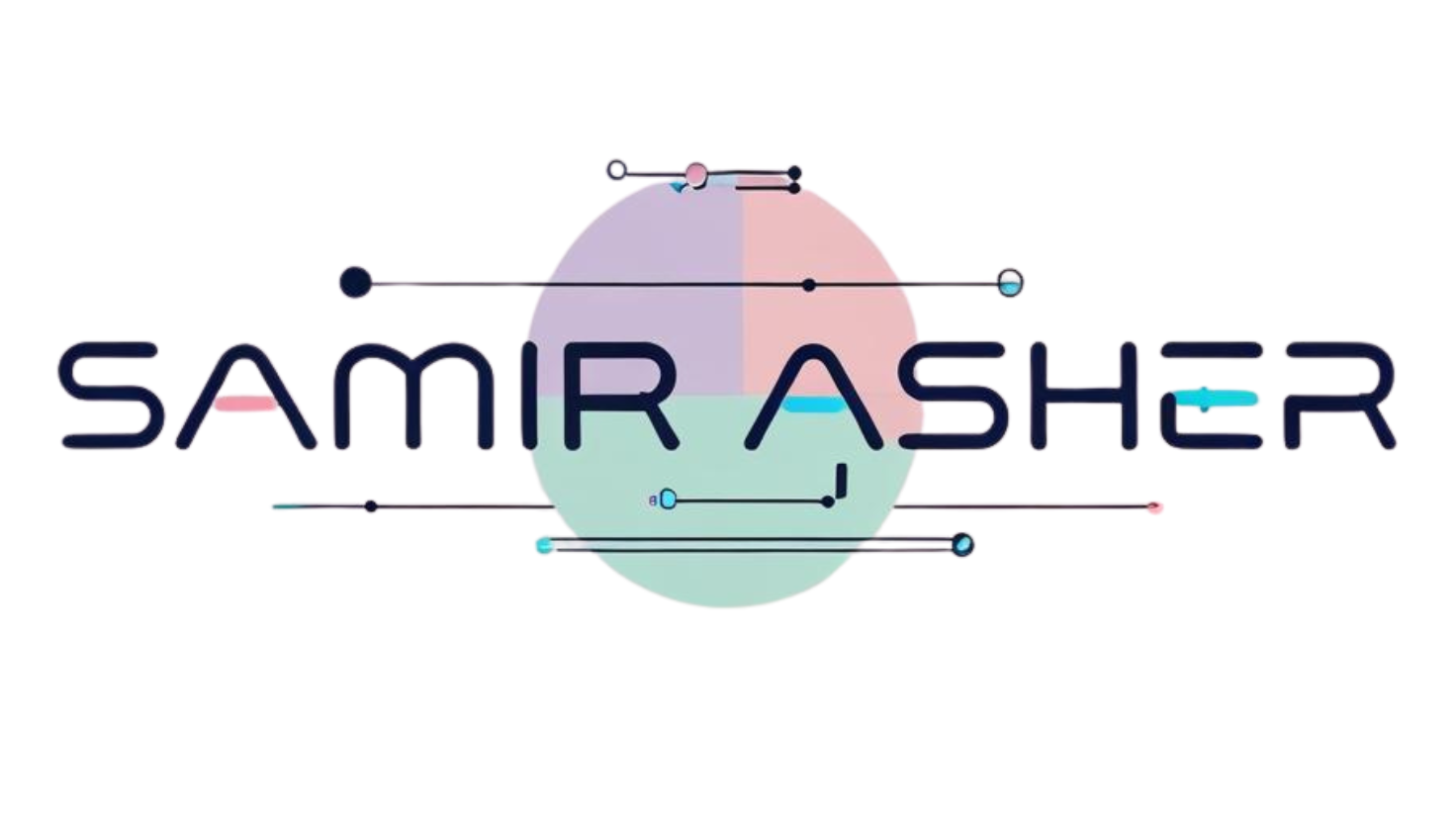It started with something I overheard
The other day I was walking past the living room when my wife was on a call with her friend. Nothing unusual. But something her friend said made me stop.
She said,”You know, I’ve been using ChatGPT more than I talk to people these days. It’s just easier. It kind of gets me.”
That line kept playing in my head. Like background noise I couldn’t shut off.
It made me wonder. Are we really turning to machines for emotional connection now? And more importantly, is that connection real? Or are we just so starved for feeling heard that anything resembling empathy will do?
What Emotional AI Actually Does
No… AI doesn’t feel.
You may think it does. It says the right things. It responds gently. Sometimes it even sounds like it cares.
But it doesn’t.
There’s no heartbeat behind that reply. No gut instinct. No weight of a personal experience that shaped the way it responds. What you’re hearing is a highly trained prediction machine. It’s picking from billions of data points and saying what people usually want to hear in that moment.
That’s not empathy. That’s math.
When someone types “I feel lost” or “I’m exhausted,” the AI doesn’t sit with those words. It doesn’t wonder how long you’ve been carrying that feeling. It just pulls from its library of examples and gives you a well-structured reply.
It doesn’t ask why you feel this way. It doesn’t care what happens after.
You might find comfort in what it says. And that comfort might even help.But don’t confuse that with understanding.Because recognizing an emotion isn’t the same as feeling it.
Why People Open Up to AI Anyway
That one comment from my wife’s friend stuck with me for days.She wasn’t saying it lightly. It wasn’t a joke.
She meant it.
And the more I thought about it, the more I realized she’s not alone.
A lot of people have started doing the same thing. They open ChatGPT late at night when their thoughts won’t stop racing. They pour out things they wouldn’t even tell their closest friends. Regrets. Confessions. Loneliness. Grief.
Not because they believe the machine understands them. But because it feels like something is finally listening.
It doesn’t interrupt. It doesn’t judge. It responds gently. Predictably. Like a mirror you can trust not to flinch.
But here’s the thing.
That feeling of safety? That comfort? It doesn’t come from the machine.It comes from us.
We’re the ones bringing the vulnerability. We’re the ones projecting empathy onto something that can’t give it back.
And he’s not alone.
More and more people are using AI this way. Not as a productivity tool, but as a kind of emotional mirror. A digital confessional. It feels safe. Predictable. Available at 2 a.m. when no one else is picking up the phone.
But here’s the thing. That feeling of safety? That comfort? It doesn’t come from the machine. It comes from you. You are the one bringing meaning to the exchange.
Simulated Empathy vs Real Understanding
Let’s be honest. AI is getting scary good at playing human.
It can say things like “That must be difficult” or “I’m here if you need someone to talk to” and it sounds almost heartfelt. The tone is calm. The words are soft. The rhythm feels right.
But it is still a simulation.
There is no internal experience. No memory of past conversations. No emotional context. Just language patterns and probabilities.
That means it can’t truly connect with you. It can only reflect you.
So when people say, “AI understood me,” what they often mean is, “AI responded in a way that felt comforting.”
That’s not nothing. But it’s not the same as being understood.
What About Other AI? Google, Robots, and More
This emotional mimicry isn’t just happening in chatbots.
Google is testing AI that changes tone when it senses frustration. Robots are being trained to comfort elderly people with soft voices and facial mimicry. Apps like Woebot offer cognitive behavioral therapy prompts and check-ins for people dealing with anxiety or depression.
It all sounds helpful. And in many ways, it is. These tools can create moments of calm. They can nudge us toward better habits. They can fill a gap when no human support is available.
But none of them actually feel what we feel. None of them carry the emotional weight we carry every day. And that difference matters more than it seems.
Because when emotional intelligence is faked well enough, we stop questioning whether it’s real.
Could AI Ever Truly Understand Emotion?
This is where the debate gets interesting.
Some researchers believe it’s possible. That with enough data and processing power, AI could eventually model empathy, understand context, and respond with more than just surface-level softness.
But even if that happens, it still wouldn’t be feeling in the way we do.
True understanding of emotion requires self-awareness. A sense of identity. An ability to suffer. To reflect. To change because of what you felt yesterday.
AI has none of that. It has no past. No personal story. No internal world.
It’s not conscious. It’s not alive. And unless those things change, it will always be reacting to emotion rather than experiencing it.
Should We Even Want Emotionally-Aware AI?
Let’s say we figure it out. Let’s say we build AI that genuinely understands emotion. What then?
Some say it would change everything. It could democratize therapy. Offer emotional support around the clock. Reduce loneliness. Help people who feel too ashamed or too afraid to talk to someone real.
But others are wary.
Because emotional understanding can be used for manipulation. If a machine knows exactly how you feel, it also knows how to influence your decisions. How to sell you things. How to steer your behavior.
That kind of power in the wrong hands? That’s dangerous.
And even in the right hands, there’s something fragile about outsourcing human intimacy to something that can only pretend to care.
The Real Danger Isn’t AI
Maybe the real danger isn’t what AI does. Maybe it’s how easily we start believing it.
If it says the right thing, we feel understood. If it pauses at the right moment, we feel heard. If it never interrupts or disagrees, we begin to prefer it over real people.
But that comfort can be a trap.
Real relationships are messy. They require effort. Vulnerability. Patience. Machines offer none of that. And yet they are starting to replace the spaces where those things used to live.
Not because they’re better. But because they’re easier.
So, Can AI Understand Emotion?
Not really.
It can mirror back our words. It can imitate concern. It can give us something that feels like empathy.
But it does not feel what we feel. It does not carry our burdens. It does not know what it means to cry quietly or laugh too loud or forgive someone who hurt us.
It doesn’t get goosebumps when it hears your story.
And that’s okay. As long as we remember that.
Before You Go
If you ever felt comfort from a chatbot or digital assistant, that feeling was real.
But it came from you. Not from the machine.
You brought your story. Your vulnerability. Your hope.
And that’s what gave the moment meaning.
Let AI be a support. A tool. A temporary mirror.
But let’s not ask it to become something it was never built to be.

